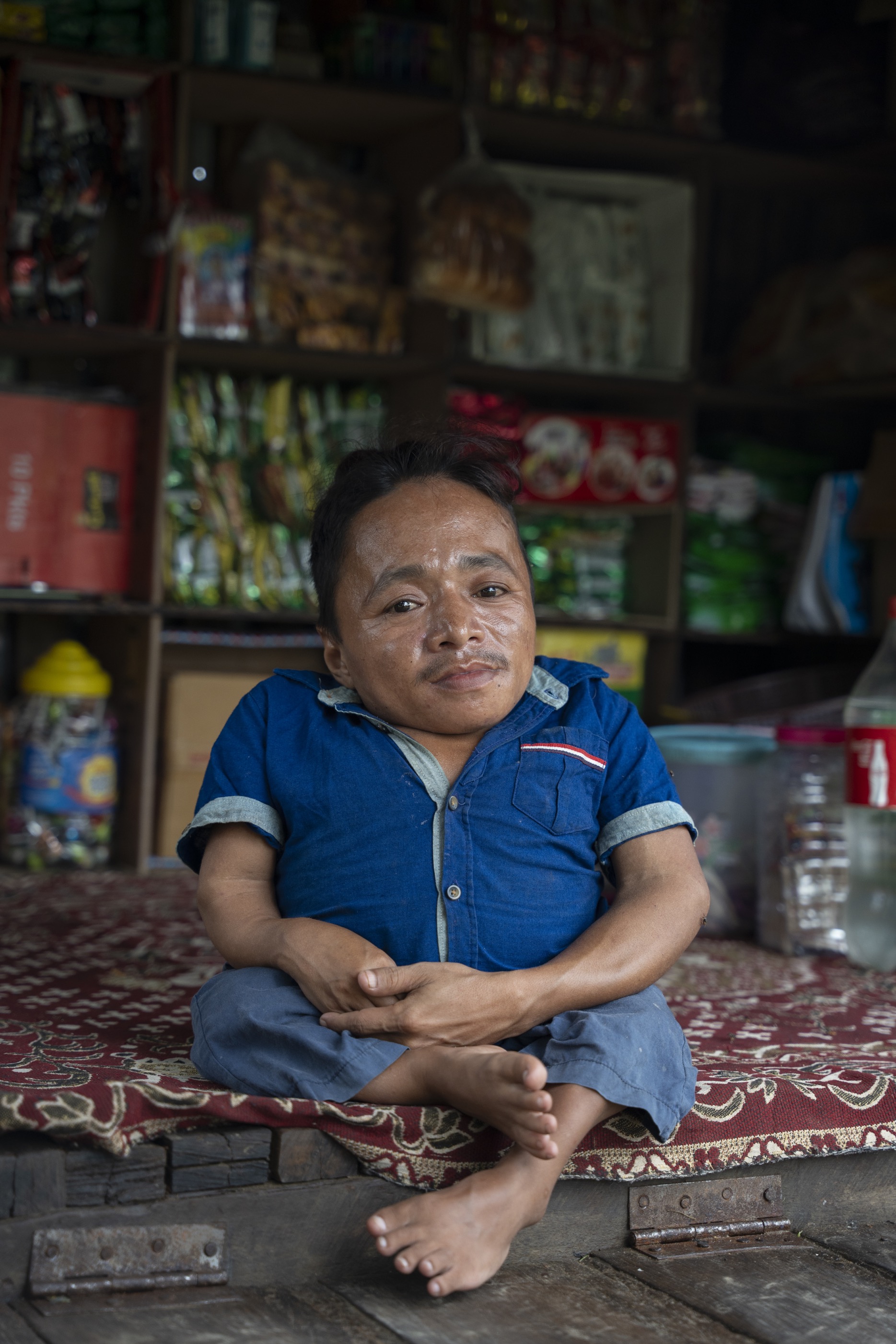Removing Barriers to God’s Vision for Community
Monday, 2 December 2024
| Stevie Wills

Every person has been intricately created by God, gifted with unique personalities, skills and talents. God envisioned communities to be melting pots of such assets, enriched as each person contributes. Each person realising their potential and actively participating in their community is necessary for the fulfillment of this vision. Yet much progress remains to be made towards this vision. People with disabilities often face significant barriers to fully participating in their communities, particularly in low- and middle-income countries.
December 3rd is the International Day of People with Disabilities.
While globally 1 billion people live with a disability, 80 percent of them live in low- to middle-income countries. Twenty percent of people living in the poorest communities have a disability. These people face barriers to accessing education, employment, healthcare and social participation. This lack of access leads to exclusion from community and a deepening experience of poverty. Opportunities to reach their potential are further obstructed by the lack of availability of assistive technology.
There exist four types of barriers in these communities:
- Physical barriers, e.g. uneven terrain, steps, narrow doorways, inaccessible toilets, inaccessible transport.
- Communicational barriers, e.g. information only in written or only spoken format, lack of sign language interpreters or hearing loop, lack of Braille or large print.
- Institutional barriers, e.g. discriminatory laws, policies, practices, inclusive policies and measures not being implemented or funded, inaccessible procedures.
- Attitudinal barriers, e.g. stigma, negative assumptions about people with disabilities and their capabilities.
CBM Australia empowers people with disabilities in low- and middle-income countries. Drawing on 110 years of experience, they work with local partners to remove barriers. In addition, through local partners, they connect people with disabilities with the assistive technology they need to unlock their potential.
Dipak is a 26-year-old man living in Nepal. Living with multiple disabilities, he was restricted to his home. With nothing to do, he spent his days playing on his mobile phone. He had the use of, as he put it, ‘a very old wheelchair, very old’. He couldn't maneuverer the wheelchair himself. Dipak relied on a small allowance from the government.
CBM’s Nepalese partners provided Dipak with business and financial training. Seizing the training, he set up a shop inside his home. As he gained confidence over the first month, he set up shop outside. His father built a shelter for the shop. Through the income from his shop, Dipak now provides for himself and his family. His ambition continues, intending to use this income to buy more groceries for the growth of his business.
CBM’s partners also provided Dipak with a new wheelchair. He can now move independently and hang out with his friends. As Dipak said, ‘whenever my friends go here or there, I can go with them in the wheelchair’.
He and his father are very happy to have received the support, which allowed Dipak to till his unique personality, skills and talents and Unlock His Everyday.
God envisions communities to be a melting pot of personalities, skills and talents to which everyone contributes and benefits from. His vision can only be fulfilled when people with disabilities are able to reach their potential and fully participate in their community. CBM dismantles obstructions to this vision as they remove barriers for people with disabilities and connect them with relevant assistive technology.
You can step towards God vision for community by identifying and removing barriers for people with disabilities in your own community. Consider the four types of barriers outlined above and the following questions:
- What barriers exist in your community?
- How can you work with others to remove them?
- Who in your community lives with a disability and could provide insight?
This International Day of People with Disabilities, may we take steps towards enabling every person to reach their potential and participate fully in community. Doing so will bring all of us closer to enjoying more of God's vision for community.
Stevie Wills is a performance poet, public speaker and writer. She is an associate of CBM Australia and advocates for the inclusion and empowerment of people with disabilities. Luke14 is an initiative of CBM Australia, resourcing Christian communities to welcome and include people with disabilities. Check out their resources here.
Photo credit: CBM Australia. Photographer: Suryo Wibowo.